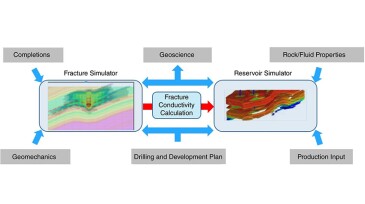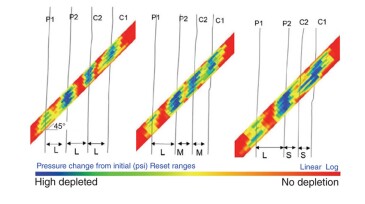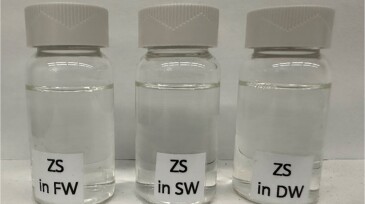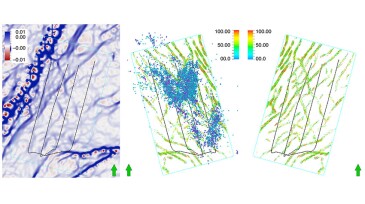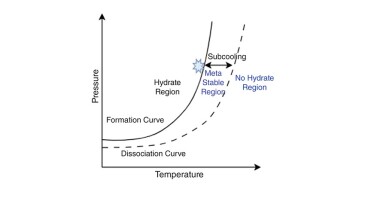Reservoir
Production from the Búzios field now tops 1 million B/D with six floating production systems in operation and more on the way.
Geophysicist Markos Sourial discusses advances in seismic imaging, the challenges of modern data processing, and what they mean for the next wave of subsurface professionals.
A new Eni/Petronas venture is targeting 500,000 BOE/D in output from combined upstream portfolios across Malaysia and Indonesia.
-
The SPE IOR-EOR Terminology Review Committee has released its recommendations for the use of IOR, EOR, and newly introduced term, assisted oil recovery (AOR).
-
This paper describes a project in the heavy oil Captain field in the UK sector of the North Sea in which reduced environmental impact dovetails with improved economics.
-
This paper presents a specialized workflow that aims to quantify the severity of condensate banking and subsequently optimize reservoir development strategies for a deep formation in the Permian Basin.
-
This paper describes numerical modeling studies of fracture-driven interactions using a coupled hydraulic-fracturing-propagation, reservoir-flow, and geomechanics tool.
-
This study explores the potential of locally produced surfactants for enhanced oil recovery in high-temperature and high-salinity reservoir environments.
-
A proposed integrated workflow aims to guide prediction and mitigating solutions to reduce casing-deformation risks and improve stimulation efficiency.
-
International agreements and national policies on environmental sustainability are changing the outlook for enhanced oil recovery globally. These changes are highlighted by both monetary and intellectual commitments by oil companies around the world.
-
This paper describes a polymer-injection pilot in the Chichimene heavy oil field in Colombia.
-
This study investigates hydrate formation in a water-alternating-gas injection well under water-to-gas and gas-to-water changeover operations.
-
This case study outlines a methodology to optimize and control hydraulic fracturing parameters by achieving 100% cluster efficiency and overcoming formation leak-off.






